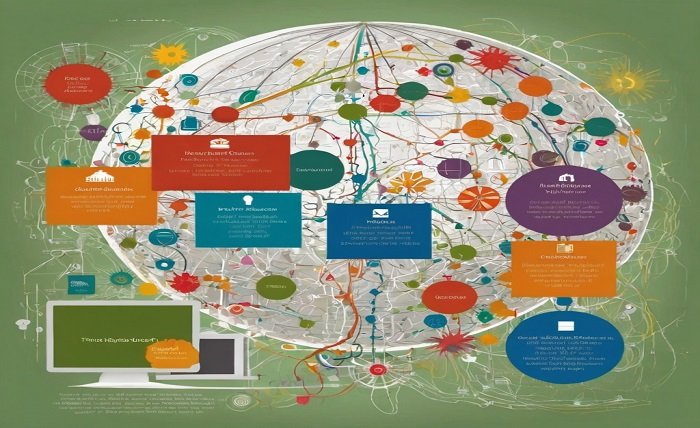Instructional technology jobs: For people who are enthusiastic about both technology and education, the field of instructional technology is dynamic and always changing. This blog post explores the different aspects of working in instructional technology and provides insights into this exciting field.
Comprehending Educational Technology

The use of technology to improve teaching and learning is known as instructional technology. It includes a variety of instruments and approaches used to enhance learning results. Experts in this domain use interactive tools, multimedia, and digital platforms to plan, carry out, and assess educational programs.
Categories of Jobs in Instructional Technology jobs
Within instructional technology, there are a variety of roles, each with a distinct focus and set of responsibilities:
Designers of instructional materials: Create educational materials and curricula with the aid of technology.
Technologists in Education: Use and oversee instructional technology in institutions of higher learning.
Experts in Online Education: Construct digital learning environments and online courses.
Administrators of Learning Management Systems (LMS): oversee the LMS platforms’ technical features.
Experts in Multimedia: Create instructional materials, like interactive modules and movies.
Comprehending Educational Technology
Instructional technology jobs: The use of technology to improve teaching and learning is referred to as instructional technology. It entails creating, putting into use, and overseeing technology tools that enhance learning environments.
The Ascent of Designers of Instruction
The development of interesting and useful educational materials heavily depends on instructional designers. They collaborate closely with teachers to create curricula that smoothly incorporate technology into the teaching and learning process.
EdTech Experts: Filling in the Blanks
The tech-savvy entrepreneurs who close the gap between education and technology are known as ed-tech professionals. They are in charge of bringing innovative teaching resources into academic settings and seeing to it that they are maintained.
How to Write a Successful Portfolio and Resume
Instructional technology jobs: Your portfolio and CV are essential for getting hired for a position in instructional technology. Emphasize your educational background, relevant experience, and technological proficiency. Provide examples of your work, such as project blueprints, e-learning modules, and instructional videos. An impressive portfolio demonstrates your capacity to create and carry out efficient learning programs. A strong portfolio showcases your ability to design and implement effective learning solutions.
Coordinators of Training and Development
These experts concentrate on employees’ professional growth inside companies. They create and lead technologically-enhanced training programs that improve staff members’ abilities.
Creating Digital Courses for E-Learning Developers
Online course creation is the area of expertise for e-learning developers. Their specialty is converting static course materials into dynamic, digital formats that are available to students anywhere in the world.
Administrators of Learning Management Systems
The foundation of online learning environments is LMS administrators. They guarantee that learning platforms are current, easy to use, and functional, resulting in a seamless experience for teachers and students.
Consultants for Educational Technology
Instructional technology consultants provide best practices and resources for schools and businesses to incorporate technology into their instructional efforts. They are essential to the digital revolution in education.
In summary
Jobs involving instructional technology provide a special fusion of education, technology, and creativity. Individuals working in this sector have the power to influence educational results and reshape the way that learning occurs in the future.
FAQ
What credentials are required to work in instructional technology jobs? Experience with educational technologies and a degree in education, instructional design, or a similar profession are usually prerequisites.
Is there enough employment in instructional technology? Yes, there is a growing need for individuals with instructional technology skills as a result of the increased integration of technology in education.
Are positions in instructional technology remotely employable? A lot of jobs in instructional technology, particularly those involving e-learning and creating online courses, allow for remote employment.
